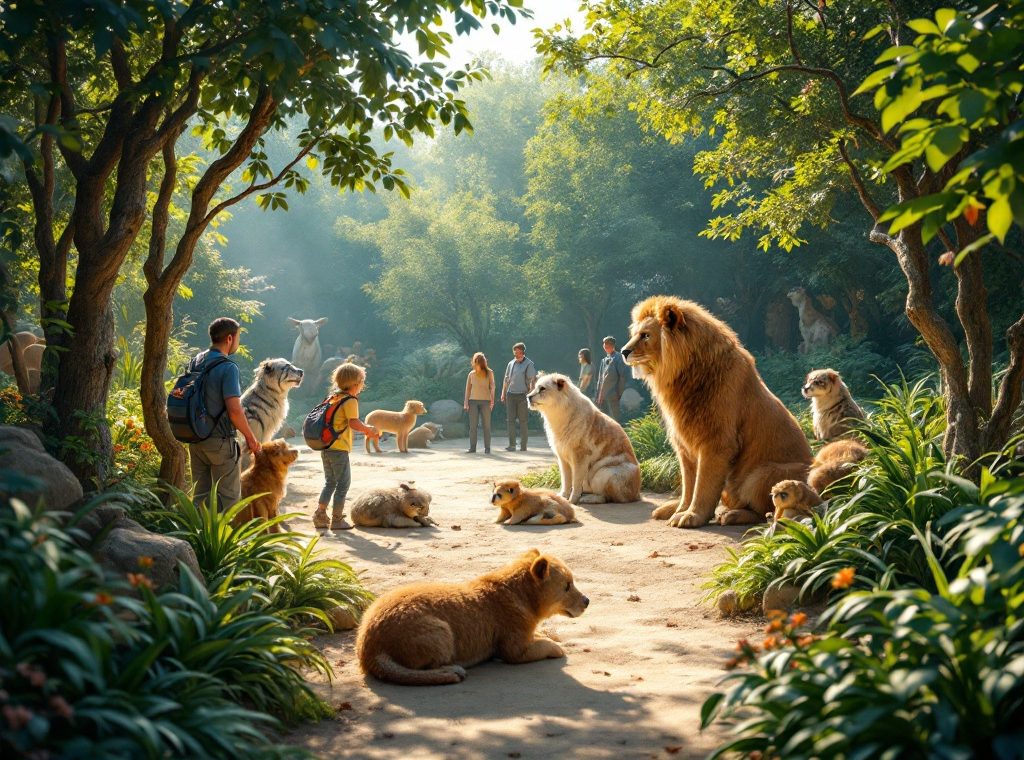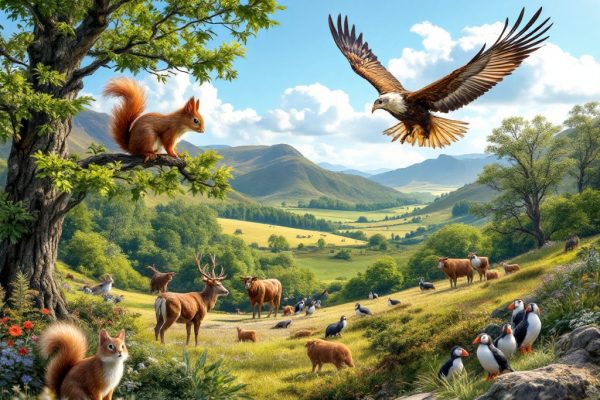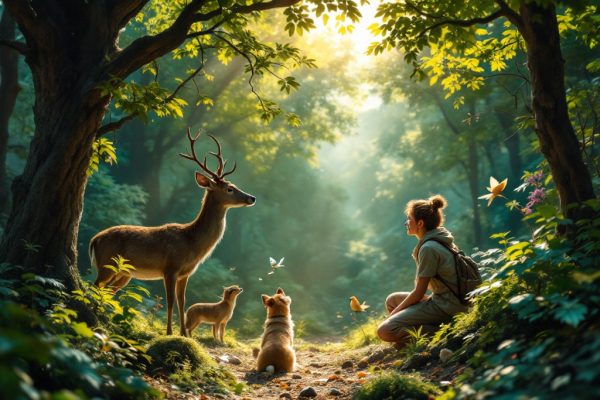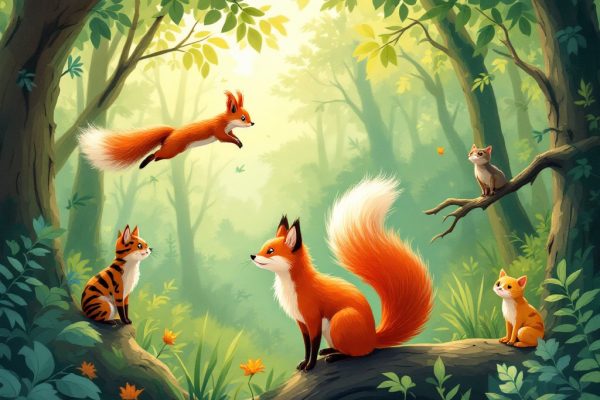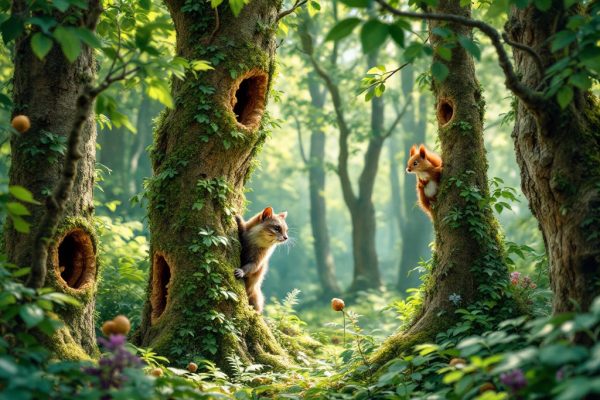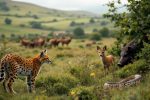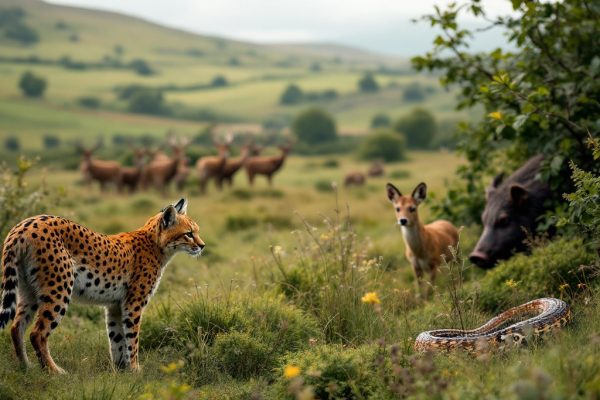Do Lothian Zoos Take Animals from the Wild?
Discover how Lothian’s zoos prioritize animal welfare and conservation. They rarely acquire animals from the wild, focusing on breeding programs, rescuing animals, and transfers from accredited facilities. Learn how these practices protect wild populations and uphold high ethical standards, supporting global conservation and combating illegal wildlife trade. Explore the vital role Lothian zoos play in wildlife rehabilitation and their commitment to responsible animal care. Read on to delve into their impactful work.
Important information
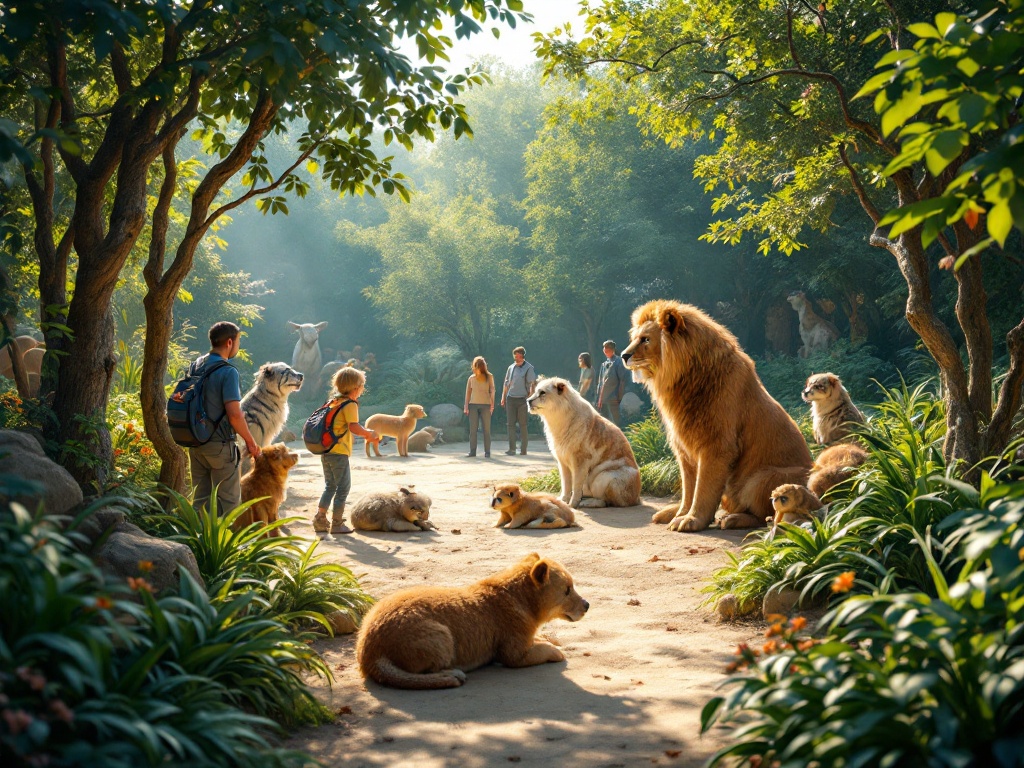
- Lothian zoos rarely take animals from the wild, prioritizing conservation.
- They focus on breeding programs, rescuing animals, and transfers from accredited facilities.
- Strict regulations and licensing ensure ethical animal acquisition and care.
- The zoos actively participate in wildlife rehabilitation and release programs.
- They combat illegal wildlife trade and educate the public about conservation.
Do Lothian Zoos Take Animals from the Wild?
Lothian’s zoos prioritize conservation, rarely acquiring animals from the wild. Acquisitions are carefully evaluated, with ethical sourcing being paramount. Their commitment includes participating in breeding programs, rescuing animals, and transferring animals from other accredited facilities. These practices protect wild populations and ensure responsible animal care. Lothian’s dedication to ethical animal acquisition involves:
- Participating in breeding programs to maintain healthy populations,
- Rescuing animals in need of care,
- Transferring animals from other accredited facilities.
This approach minimizes the impact on wild populations and upholds high standards of animal welfare.
Animal Acquisition Practices in Lothian Zoos
Lothian’s zoos prioritize ethical animal acquisition through a multi-pronged approach. Animals are primarily acquired through carefully managed breeding programs and transfers from other accredited facilities, ensuring responsible care and genetic diversity. Furthermore, the zoos provide sanctuary for rescued animals that cannot be returned to their natural habitats. Importantly, direct acquisition from the wild is avoided, reinforcing Lothian’s commitment to conservation and animal welfare.
Current Animal Acquisition Practices
Lothian’s zoos acquire animals through various methods, including breeding programs, transfers from other accredited facilities, and offering refuge to rescued animals. They also provide a home for animals confiscated from the illegal wildlife trade. Stringent regulations, including CITES and the Animal Welfare Act, govern these acquisitions, ensuring responsible animal care and ethical practices.
Role of Animal Licences in Acquisitions
Lothian zoos must adhere to stringent animal acquisition regulations, obtaining licenses that champion ethical standards and conservation. These licenses deter unethical acquisition practices, prioritizing animal welfare and promoting responsible management within the zoo environment. This rigorous licensing process ensures that animal welfare remains paramount and encourages responsible zoo practices.
Wildlife Rehabilitation and Rescue Operations
Lothian zoos play a vital role in wildlife rehabilitation, offering a safe and nurturing environment for injured and orphaned animals. They provide essential care until these animals are ready to return to their natural habitat. This work makes a significant contribution to local conservation efforts, helping to maintain healthy and thriving animal populations.
Handling Confiscated Wild Caught Animals
Edinburgh Zoo and the Highland Wildlife Park, both part of the Royal Zoological Society of Scotland (RZSS), are key players in the rescue and rehabilitation of wild animals. This vital work supports global conservation efforts and actively combats the illegal wildlife trade, ultimately protecting endangered species.
Conservation Efforts and Ethical Practices
Edinburgh’s Lothian zoos prioritize animal welfare and conservation. They rescue animals in need, participate in critical breeding programs, and educate the public about wildlife. Their efforts extend to combating wildlife trafficking and the illegal animal trade. Moreover, they support rehabilitation and release initiatives whenever possible.
Preventing Wildlife Trafficking and Illegal Trade
Edinburgh’s zoos play a vital role in the fight against wildlife trafficking, offering refuge to rescued animals. These sanctuaries provide essential care and rehabilitation, helping animals recover from the trauma of trafficking. The zoos also educate visitors about the devastating impact of wildlife crime, raising awareness and promoting responsible behaviors such as sustainable tourism and ethical consumerism. Their work goes beyond education, supporting crucial conservation programs that protect endangered species in their natural habitats.

